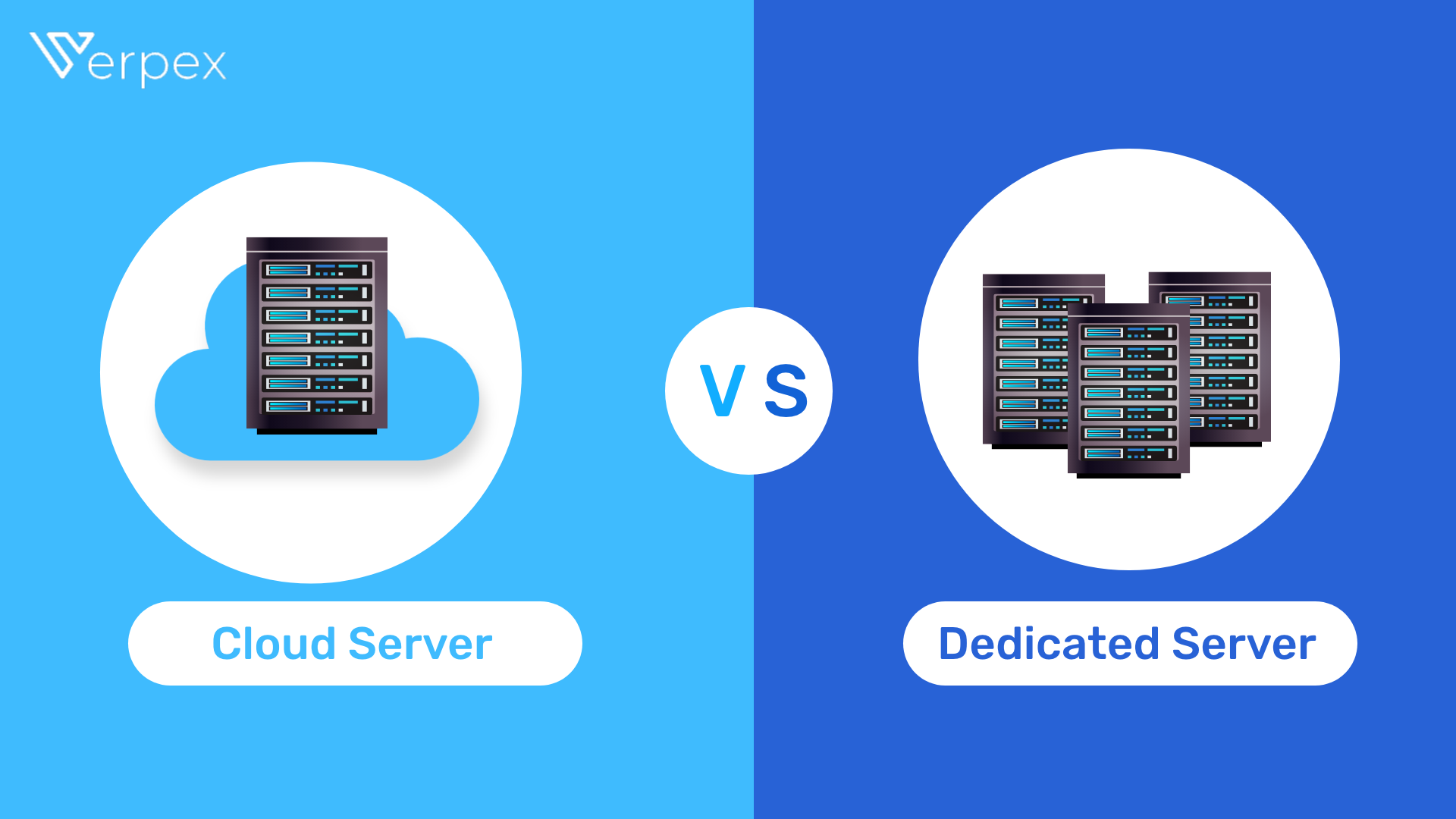Choosing the right hosting solution is critical for the success of your website or application. Two popular options are Dedicated Servers and Cloud Servers. While both offer robust performance and reliability, they cater to different needs and use cases. In this article, we’ll explore the differences between Dedicated Servers and Cloud Servers to help you decide which one is best for your business.
What is a Dedicated Server?
A Dedicated Server is a physical server exclusively reserved for your website or application. You have full access to all its resources, including CPU, RAM, storage, and bandwidth. It’s ideal for businesses that require high performance, security, and complete control over their hosting environment.
What is a Cloud Server?
A Cloud Server is a virtual server that runs on a cloud computing infrastructure. Instead of relying on a single physical server, cloud servers use a network of interconnected servers to provide resources. This setup offers flexibility, scalability, and high availability.
Key Differences Between Dedicated Servers and Cloud Servers
1. Resource Allocation
- Dedicated Server: You get access to 100% of the server’s resources. There’s no sharing, making it ideal for resource-intensive applications.
- Cloud Server: Resources are distributed across multiple servers in the cloud. You can scale resources up or down based on demand, but they are shared within the cloud infrastructure.
2. Performance
- Dedicated Server: Delivers consistent and high performance, as all resources are dedicated to your website or application.
- Cloud Server: Performance can vary depending on the load and distribution of resources across the cloud network. However, it’s generally reliable for most use cases.
3. Scalability
- Dedicated Server: Scaling requires upgrading hardware or migrating to a more powerful server, which can be time-consuming and costly.
- Cloud Server: Highly scalable. You can easily add or remove resources (CPU, RAM, storage) in real-time without downtime.
4. Cost
- Dedicated Server: More expensive due to the exclusive use of hardware and resources. It’s a fixed cost, regardless of usage.
- Cloud Server: Cost-effective and flexible. You pay only for the resources you use, making it ideal for businesses with fluctuating demands.
5. Reliability and Uptime
- Dedicated Server: Reliability depends on the single physical server. If the server fails, your website or application may experience downtime until the issue is resolved.
- Cloud Server: Highly reliable. If one server in the cloud network fails, your workload is automatically shifted to another server, ensuring minimal downtime.
6. Control and Customization
- Dedicated Server: Offers complete control over the server. You can customize hardware, software, and security settings to meet your specific needs.
- Cloud Server: Provides a good level of control, but customization options may be limited compared to a dedicated server. However, you can still configure software and applications.
7. Security
- Dedicated Server: Highly secure, as you’re the only user. You have full control over security measures, making it ideal for sensitive data.
- Cloud Server: Secure, but since resources are shared within the cloud infrastructure, there’s a slight risk of vulnerabilities. However, cloud providers implement advanced security measures to mitigate risks.
8. Maintenance
- Dedicated Server: Requires more technical expertise for maintenance and management. Managed dedicated servers are available but come at an additional cost.
- Cloud Server: Maintenance is handled by the cloud provider, reducing the burden on your IT team. Updates, backups, and security patches are managed automatically.
When to Choose a Dedicated Server?
- Your website or application requires maximum performance and resource availability.
- You handle sensitive data and need complete control over security.
- You have a high-traffic website or run resource-intensive applications like gaming servers or large databases.
- You have the budget for a premium hosting solution and need a fixed, predictable cost.
When to Choose a Cloud Server?
- Your business has fluctuating resource demands and needs scalability.
- You want a cost-effective solution where you pay only for what you use.
- High availability and minimal downtime are critical for your operations.
- You prefer a managed hosting solution with minimal maintenance responsibilities.
Conclusion
Both Dedicated Servers and Cloud Servers offer unique advantages, and the right choice depends on your specific needs. If you prioritize performance, security, and control, a Dedicated Server is the way to go. On the other hand, if you need flexibility, scalability, and cost-efficiency, a Cloud Server is the better option.
Before making a decision, evaluate your business requirements, traffic patterns, and budget. Whether you choose a Dedicated Server or a Cloud Server, both can provide a reliable and powerful hosting solution for your online presence.
Meta Description: Confused between Dedicated Servers and Cloud Servers? Learn the key differences, pros, and cons to choose the best hosting solution for your business needs.
